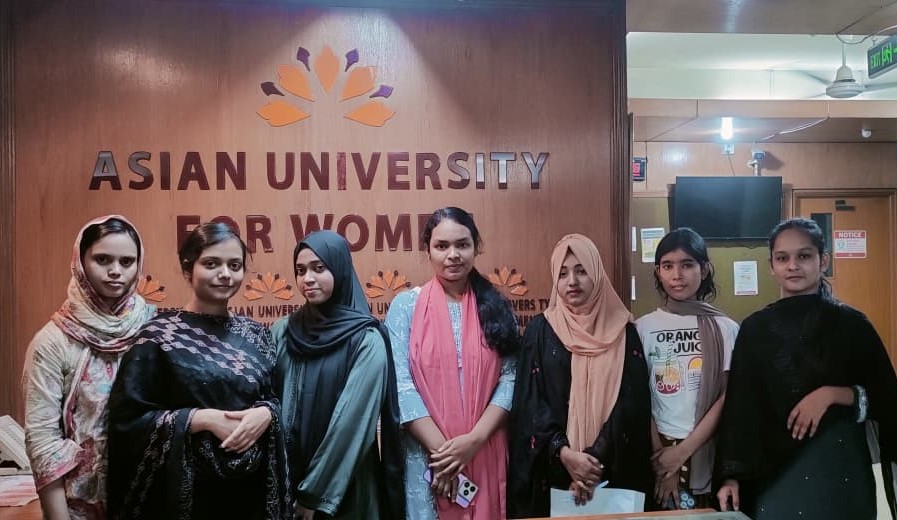The current state of food safety in Bangladesh is unknown since there is no strong, reliable, efficient and extensive mechanism to know the facts about what millions of people consume daily.
Shamsul Huq Zahid
The chain super-shops that are managed better and trusted more than conventional shopping outlets by the consumers, kept their shutters down on May 16th protesting regular harassment by mobile courts in the name of “food safety drives”. The association of the owners of the super-shops alleged that the mobile courts subjected them to harassment on the basis of unscientific food safety raids.
Notwithstanding the fact that the allegation made by the super shop owners deserves appropriate scrutiny, there exists strong suspicion among all section of consumers about the safety of most food items, manufactured in factories or produced at the farmers’ fields, everyday.
The administrative measures to ensure food safety despite putting in place a new food safety law and a separate directorate to protect consumers’ rights have been paltry and occasional.
Mobile courts, headed by executive magistrates, are seen at times conducting raids in Dhaka and some other major cities of the country, leaving other parts of the country largely at the mercy of the food adulterators. However, such raids do only create very temporary ripple effects on the huge network of food adulteration. Moreover, questions are being asked about authenticity of declaring food items adulterated or rotten by the mobile teams.
However, raising questions about the scientific basis of the examination done by the mobile courts received some validation when it was found that the kit used by the officials to determine the presence of formalin used in food items to increase their shelf-life was not the right one. Yet there was a lot of commotion over the use of the same kit at a number of kitchen markets in Dhaka city. Consumers thronged these markets with the hope of buying formalin-free fish, fruit and vegetables. However, the craze did no last that long and the consumers are now bothering little about the formalin detection tool.
The current state of food safety in Bangladesh is unknown since there is no strong, reliable, efficient and extensive mechanism to know the facts about what millions of people consume daily. But what comes out from sporadic raids carried out by mobile courts does indicate an extensive level of food adulteration activities. There are laws and relevant institutions to detect and punish the adulterators, but enforcement has been at a very low level.
Vendors at the kitchen markets and operators at other marketing outlets claim that they do not use chemical on food items and the crime is committed at the level of producers and wholesalers. The reports, accompanied by photographs, do substantiate such claims, at least, partially.
As if to substantiate the media reports, the Bangladesh Standard and Testing Institution (BSTI) some time back scrapped the production licences of 43 items produced by 31 companies, including a few large ones. The items included drinks, vermicelli and biscuits.
The BSTI laboratory tests had found that the fruit drinks did not contain any fruit juice and vermicelli was being produced in a very unhygienic condition.
What was detected by the BSTI was only the tip of the iceberg. The reality is far more dreadful since a very small number of companies, among hundreds, actually follow the standard production procedures and maintain quality strictly.
As far as the enactment of laws against adulteration, the government has been rather proactive. It passed the Safe Food Act in 2013. The law contains harsher provision of penalties, both physical and financial. The act provides for 7 years rigorous imprisonment and a fine of Tk 1.0 million for a person found guilty of adulterating food items. And the punishment in the case of anyone found guilty of committing the offence for the second time is twice that of the first offence.
The consumers had reasons to be happy seeing such tougher punishment provisions for the adulterators. But their enthusiasm wanes when they see the enforcement records of earlier pieces of legislation and activities of the relevant agencies.
The government in 2009 had passed the Consumers’ Rights Protection Act after a lot of foot-dragging. A clause in the same piece of legislation provides for three years’ imprisonment or payment of fines worth Tk 2.0 lakh or both for committing the offence of mixing any item, which is highly injurious to life and health of human being, with food. As per requirement of the law, the government constituted the Directorate of National Consumers’ Right Protection and the National Consumers’ Rights Protection Council.
Both the directorate and the council have failed to live up to the expectations of the consumers. Urban consumers are very much aware of the need for food safety. The rural consumers do hear about the issue by the courtesy of the media. But they hardly take the same seriously.
However, lack of seriousness does not make that much of difference. Despite all the awareness, the urban consumers can hardly avoid consumption of adulterated food items. If conscious consumers intend to avoid the consumption of adulterated food items, they will have no other option but to starve to death.
Getting rid of unsafe food remains a complex problem. It is not just because of unscrupulous traders and manufacturers mixing unhealthy substances with the foods to reap undue profit but here are other reasons as well. The use of pesticides and preservatives on food items at the growers and manufacturers levels has emerged as a major health hazard.
Laws alone cannot help rid the people of problem of unsafe foods. Their proper enforcement is necessary, no doubt. But the right kind of awareness among all sections of the population is far more essential. It is hard to feed such a large population with food produced using only organic fertilizers and pesticides. So, there has to be some compromise in this area. But the level of willful adulteration of food items out of greed factor can be minimized by creating greater awareness about the effect of such an evil act and meting out punishment to wrongdoers.
The writer is a senior journalist. He can be reached at zahidmar10@gmail.com















